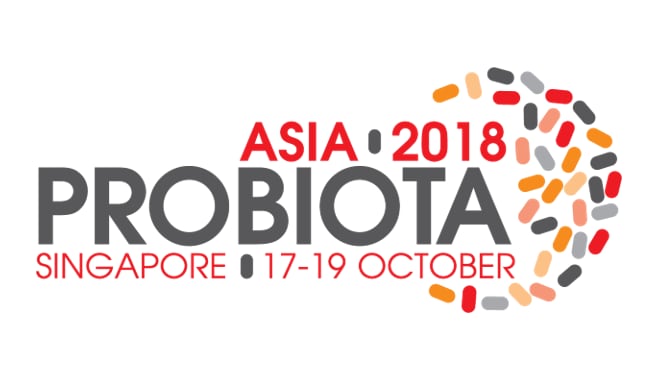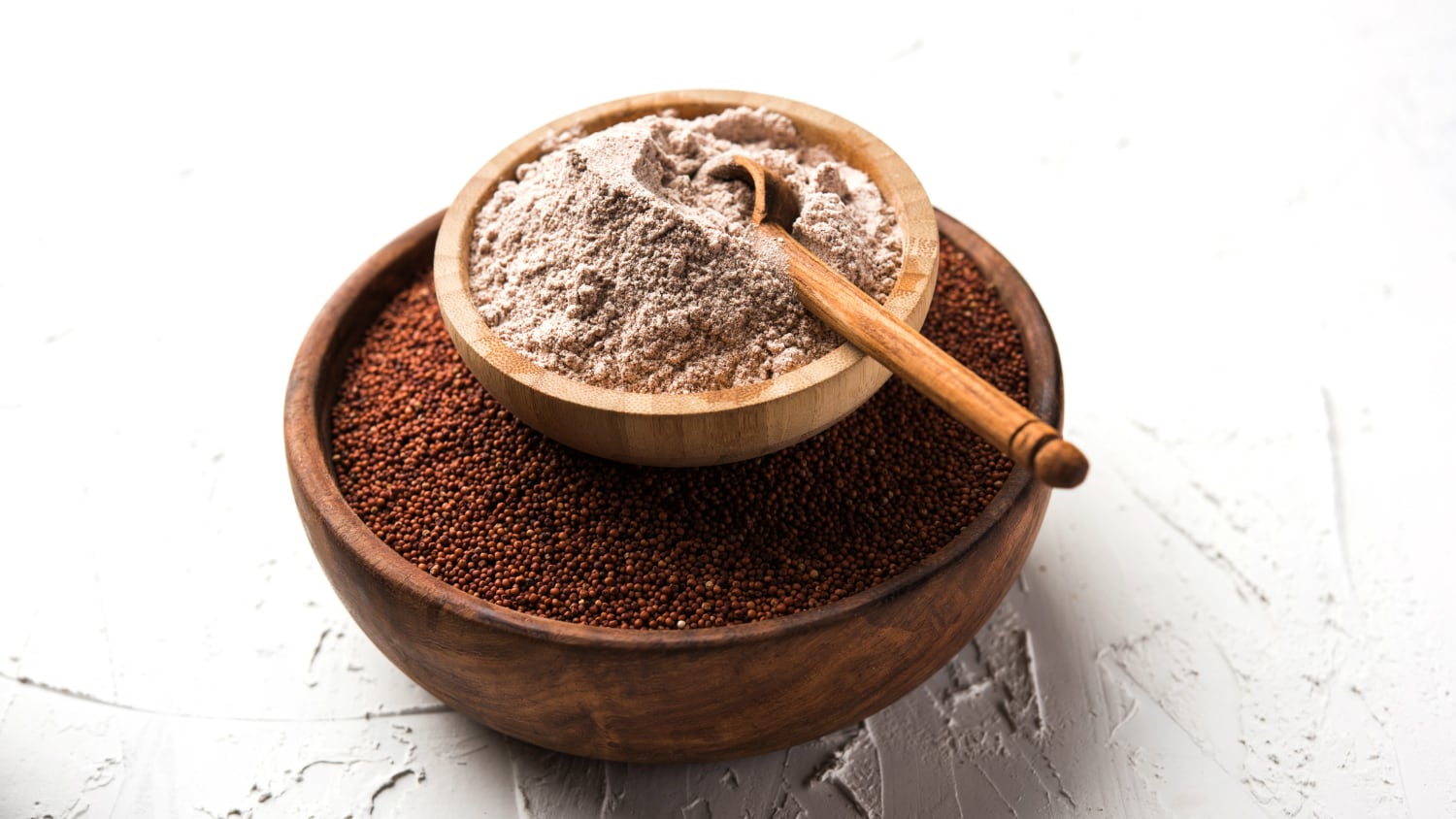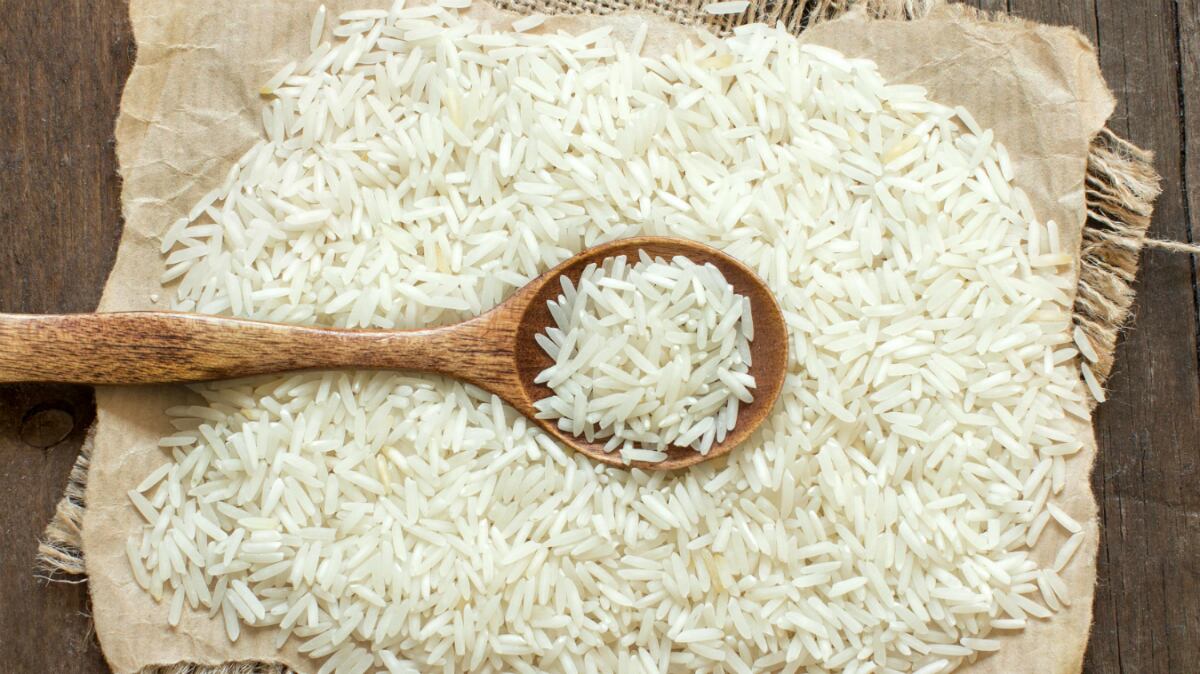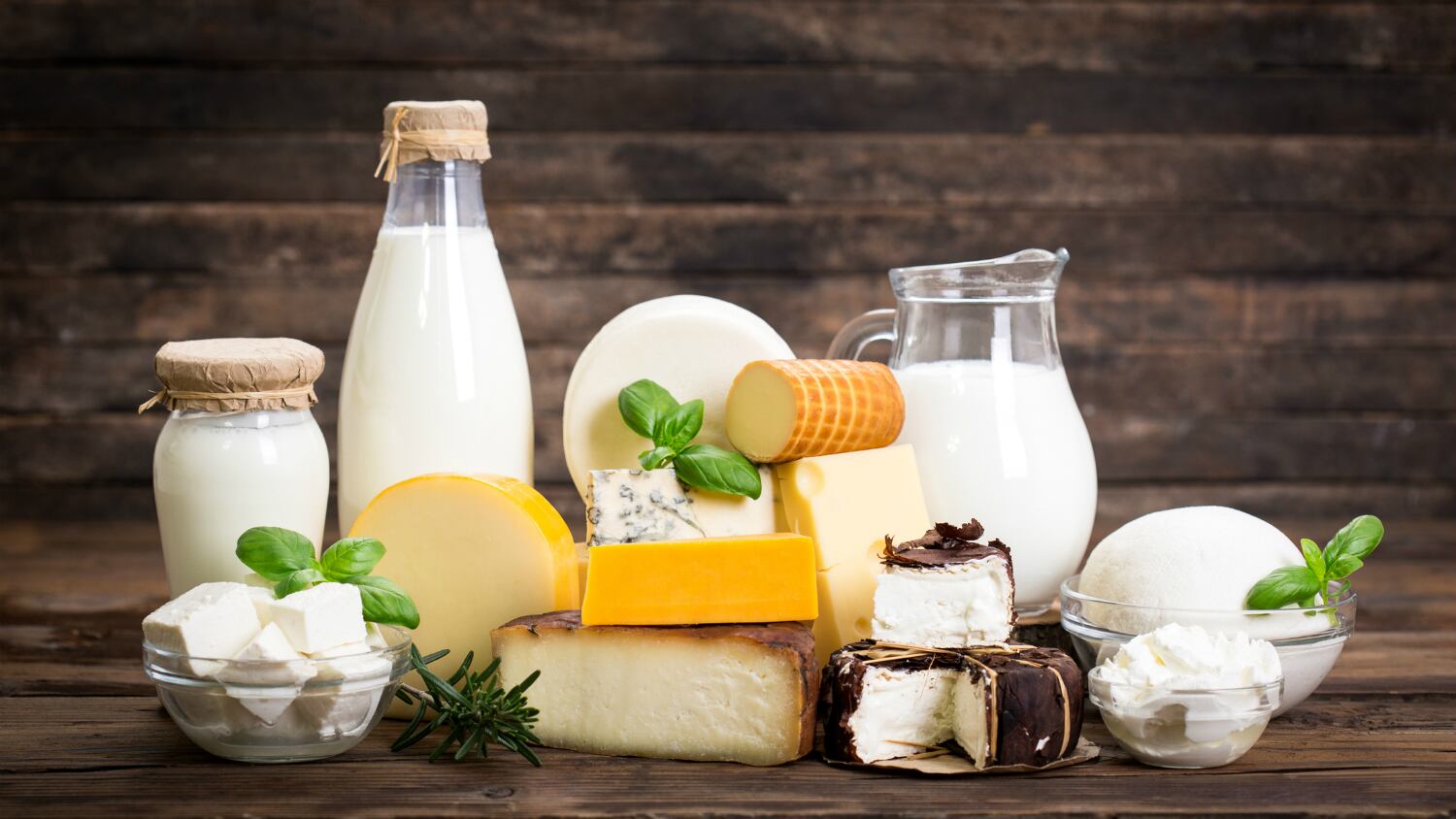
The region's leading probiotic and microbiome event — Probiota Asia — will get underway in Singapore this month with a stellar line-up of speakers, including the likes of Blackmores, Danone, Herbalife and Life-Space, set to take to the stage.
The main contention surrounds potential costs, as well as the practicality of mandatory edible oil fortification.
While it is not mandatory yet, direct pressure from the FSSAI, and indirect pressure market leaders who have begun fortifying their edible oil products have led some firms to express their concerns.
Big and small
Umesh Varma, P Mark Mustard Oil's deputy GM of marketing and communications, said the company — like many large manufacturers — had already begun producing fortified versions of its edible oils.
However, he added that 100% fortification would be nigh on impossible, or at least, would take a long time to implement.
Smaller companies that lack the necessary funds for the equipment required to produce fortified edible oils, in particular, are worried about their future.
Modi Naturals' executive director Akshay Modi said India's 'vitamin production ecosystem' was "in the hands of very few foreign players", causing prices to double in the past few months alone.
A science of the times
According to the executive director of the Solvent Extractors' Association (SEA) of India, BV Mehta, the association does not support mandatory fortification, either.
Its reservations are largely scientific — with over 90% of edible oils in India used for cooking, there may be no point to mandatory fortification, since the bioavailability of the added vitamins and minerals in the oil would likely be much lower or even non-existent after cooking.
In addition, the SEA recently published a note saying: "A large percentage of Indians use raw edible oil (such as coconut, groundnut oil and sesame oil). This grade of oil goes for further refining or for consumption.
"Since most of the natural nutrients are (already) available in the oils' raw form, there is no point adding vitamins in this category. Adding vitamins just for the sake of fortification…will lead to dependency on imports / foreign suppliers, and an extra burden on consumers in terms of cost for no real benefits."
The note also highlighted the thousands of pending court cases under the Prevention of Food Adulteration Act (1954), stemming from fortified vegetable oil that had been found unsafe for consumption.
The oil had been fortified with vitamins A and D that had allegedly not been properly tested beforehand, thereby making the oil heat- and light-unstable and causing it to spoil even before its nine-month shelf life was over.
The note further recommended that studies conducted on the bioavailability of added vitamins should be carried out in an 'Indian context', since Indians tend to use higher temperatures when cooking with oil.
Fortified approach
Currently, slightly more than 47% of the edible oil produced in India is fortified, and the FSSAI declared in a recent statement that the industry is indeed prepared for and welcoming of mandatory edible oil fortification.
"During the open forum at an event on edible oil fortification, the industry representatives conveyed their readiness for mandatory edible oil fortification. They highlighted that through innovative practices, such as the availability of small-volume pouches, awareness campaigns and state directives, the drive can be further strengthened.
"The consultation paved the way for a fortified future and ended with all the participating industries assuring their full support to propel and amplify the initiative and help improve the health and well-being of all our citizens."
The FSSAI has been urging companies to fortify staples such as edible oils, milk, salt and rice since last year. It recently held a consultation specifically for the dairy industry, where it had the support of Tata Trusts and the National Dairy Board in extolling the benefits of milk fortification.
Edible oil companies, however, are not the first to have voiced objections to the regulator's eventual goal of mandatory fortification.
In early September, Indian civil society organisation Swadeshi Jagaran Manch wrote a damning letter to PM Narendra Modi on its suspicions regarding the FSSAI's true intentions behind encouraging mandatory fortification.




